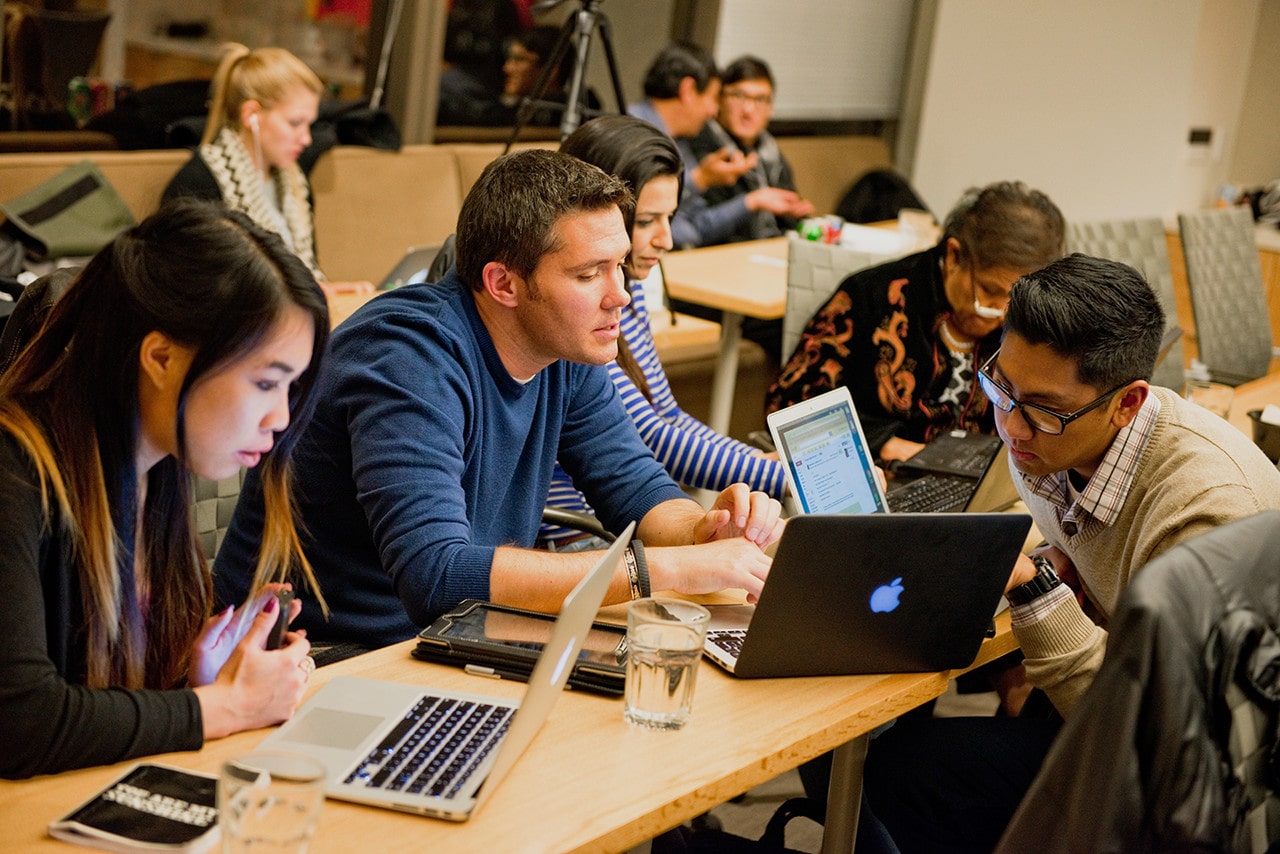Finding a Startup Co-Founder FAQ & Resources
Find answers to your questions about finding a co-founder, and maintaining co-founder relationships.
Finding a Co-Founder
-
-
For founders, the idea of relinquishing control and ownership can be scary, but a complementary pairing can improve your company’s chance of success.
-
-
Founder Institute regularly hosts Virtual Co-Founder Networking events (FI.co/events) open to anyone. Here are some more resources on how to find the right talent for your founding team.
Formulating a Relationship
-
-
You’ve spent time networking and vetting candidates, and now it is time to test your co-founder working relationship, before making it official.
-
-
The equity split conversation is one of the first (of many) uncomfortable conversations that you’ll have with your co-founder, and it’s a strong signal for how well you’ll work together through future situations.
-
-
Sometimes - it depends on the agreement made between the founding team members, and needs to be carefully considered around different variables. Will your co-founder invest money, or are they just investing their time? Does the individual understand the responsibilities that come with being a board member?
-
-
Paying yourself or your co-founder a salary is a topic many debate over. What needs to be considered is the overall compensation package of your co-founder. Will they receive equity only, or a mixture of equity and cash? Is there equity on a vesting schedule? The other component to consider is whether they are coming on Full Time or only Part Time. The final key question is: what do they (or you) require on a monthly basis, in order to live and/or support your family? All these components together help you determine what total co-founder compensation is appropriate.
-
-
This depends on the agreement originally signed by the founding team members. In many cases, a co-founder’s overall role can be reduced or removed. Any co-founder equity or options held in the business should be reviewed by your lawyer and advised accordingly.
Enrolling in The Founder Institute Program
-
-
No, it is not necessary to have a co-founder in order to join Founder Institute - most start their journey as a solo founder. A typical cohort contains roughly 40% teams, and 60% solo founders.
Useful Resources
-
-
This depends, case by case - it is not required. If both members of the co-founding team need to understand what it takes to go from idea to execution, it is a good idea. In the case you have a technical co-founder that is only interested (for example) in product development, then it is not necessary. Continued answer in knowledge base:
-
-
Founder Institute does not make guarantees related to finding a co-founder, and does not explicitly push co-founder matchmaking - but it does happen frequently. You will have the opportunity to work closely with the other founders in your own cohort, and to meet many more founders from across the FI network. If you connect with another founder at the appropriate time (during the program), and find an idea compelling enough, then the two of you can choose to complete the program working together.
Useful Resources


The Founder Institute is the world’s most proven network to turn ideas into fundable startups, and startups into global businesses. Since 2009, our structured accelerator programs have helped over 8,900 entrepreneurs raise over 2BN in funding. Based in Silicon Valley and with chapters across 100 countries, our mission is to empower communities of talented and motivated people to build impactful technology companies worldwide.